Three Special Education Investment Recommendations on a Limited Budget
Administrators • 5 min read • Feb 15, 2024 3:00:51 PM • Written by: Sarah Sandelius
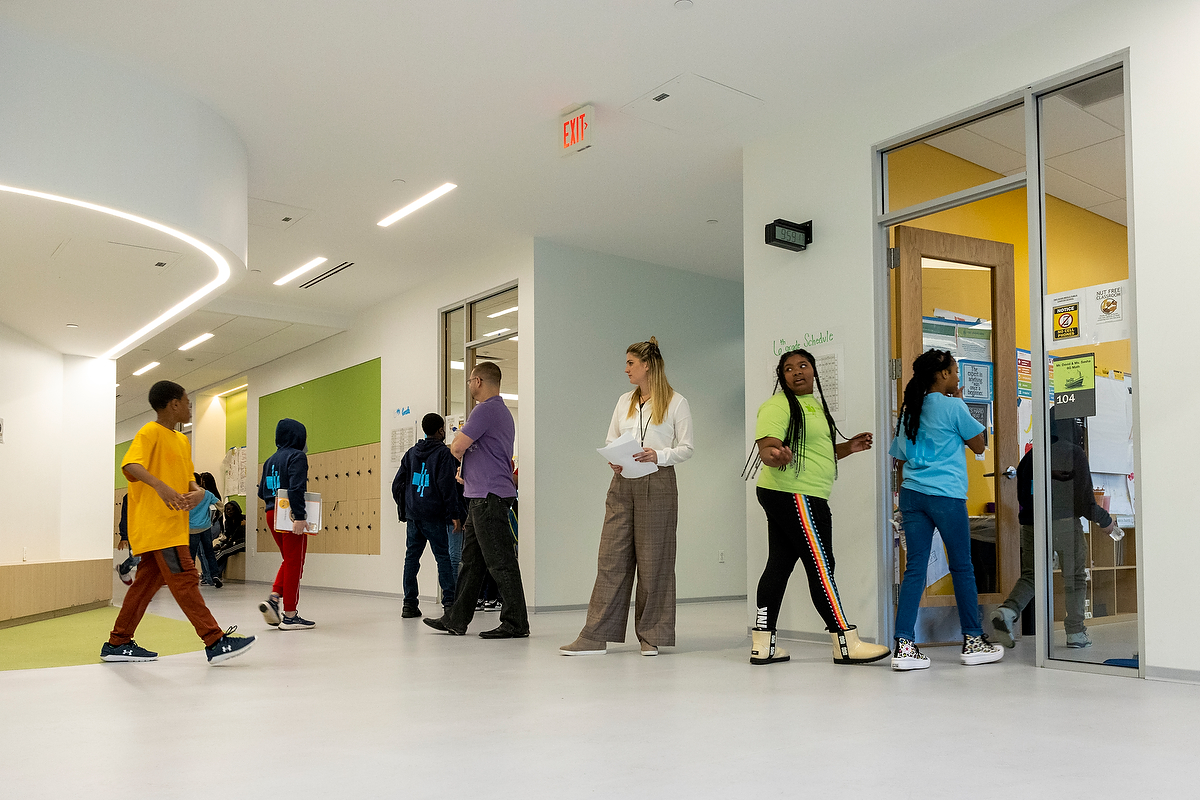
As budget season unfolds, districts are grappling with the urgency of optimizing resources for the next school year amid looming fiscal challenges. With nearly 30% of the $200 billion in COVID-relief funds only available until September 2024, districts face a crucial juncture, referred to as "the fiscal cliff." In this climate, special education administrators must strategically plan and deploy resources to maximize program impact efficiently. Drawing on our extensive special education experience, we suggest three commitments you can make that will have the biggest return on investment to improve special education in your school and spend your limited funds wisely and strategically.
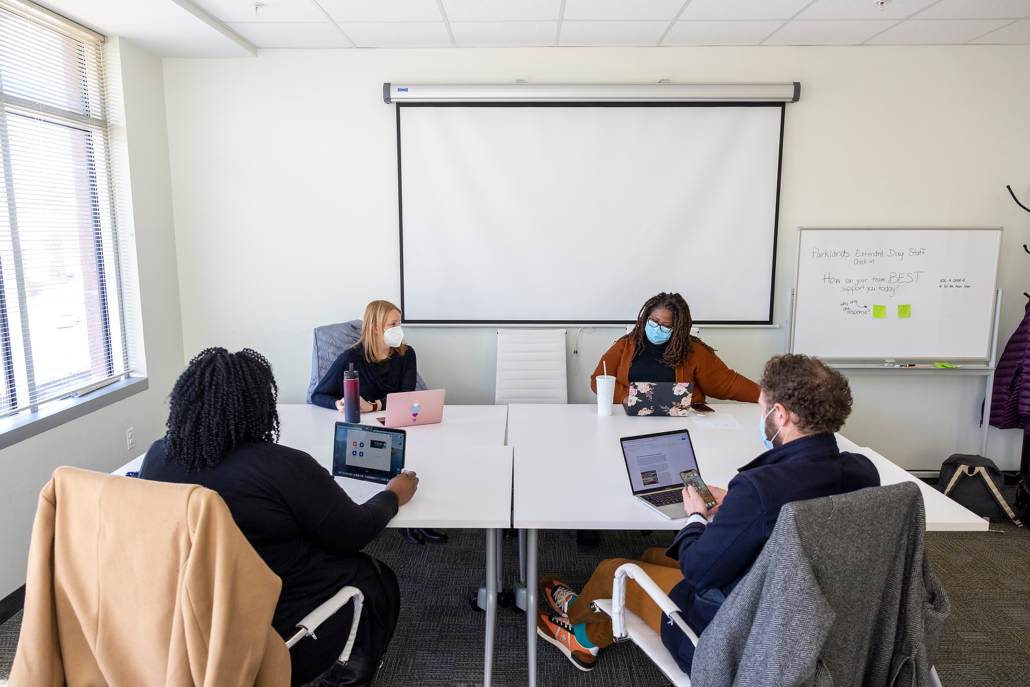 Strategy One: Invest in Targeted Professional Development Proven to Move the Needle for Students with Disabilities
Strategy One: Invest in Targeted Professional Development Proven to Move the Needle for Students with Disabilities
Time constraints for professional development are common, especially in special education. However, the right professional development can have a profound impact, especially when it comes to supporting students with disabilities. Research tells us that when teachers feel more able to do their work and impact classroom outcomes, also known as self-efficacy, student outcomes improve. The key is to make targeted, smart investments in professional development.
In our experience, schools will see the quickest improvements in the quality of support for students with disabilities through training in these two areas:
- Understanding Differentiation and Specially Designed Instruction: This training covers a lot of ground to help teachers understand how to design instruction to engage students who learn differently. Focusing on differentiation for all students and specially designed instruction for special education students, teachers will improve instruction and ensure they reach their most diverse learners.
- Understanding the Functions of Behavior: Teachers who understand why students exhibit behaviors and how to intervene based on the behavior function will more effectively minimize classroom disruption and enable more time for instruction.
Focusing on foundational instructional planning skills and effective response to interfering behaviors builds core skills for educators to work with, not only diverse learners, but all students. The Ability Challenge has helped many schools get special education support on track quickly with this training for teachers. If you prefer a different approach, try looking to other organizations for training, such as our partners at the Diverse Learners Cooperative.
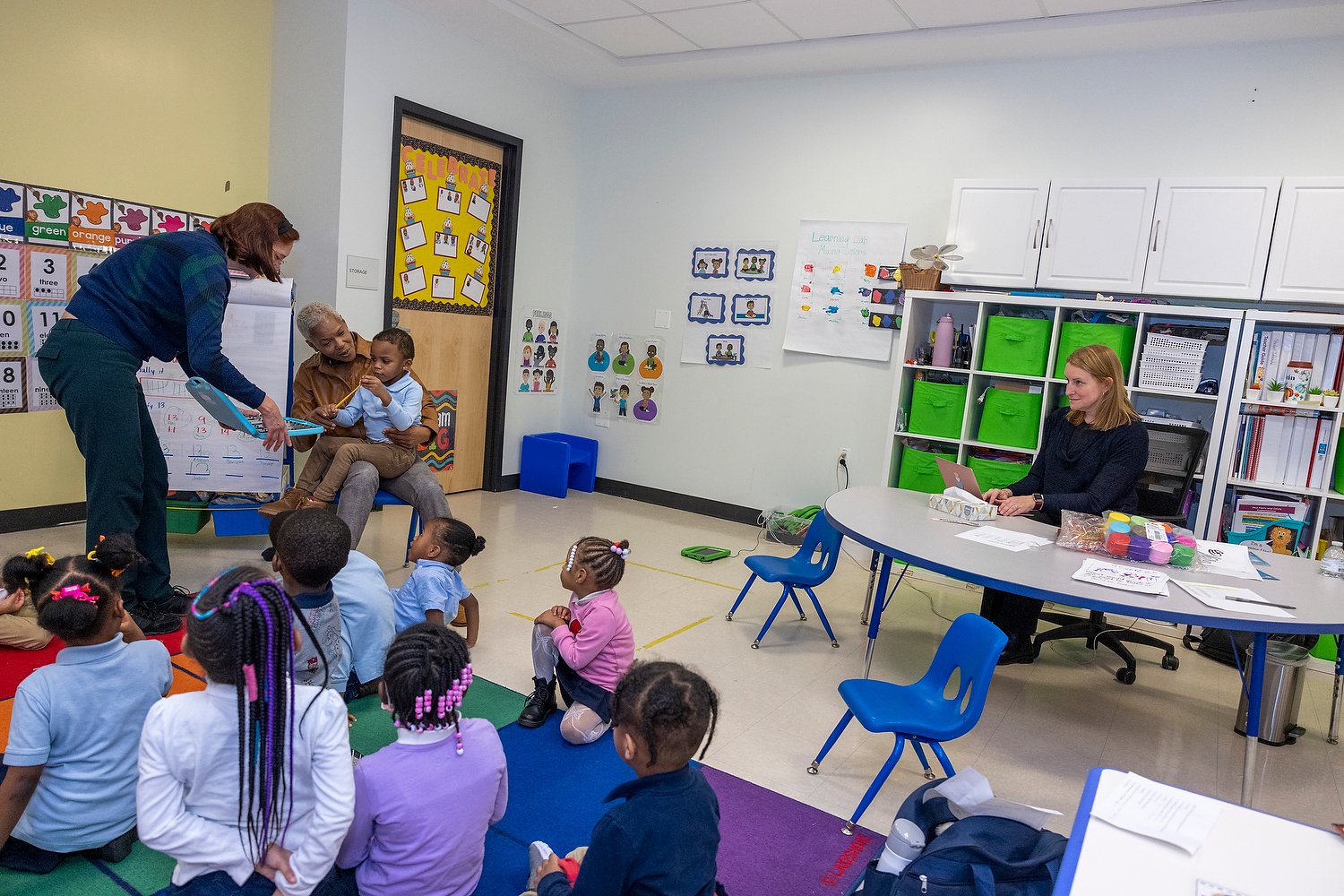
Strategy Two: Conduct an Audit to Prioritize Interventions and Spend Future Commitments Wisely
It is impossible to fix everything all at once! The most efficient way to improve special education over time is to start with an audit to identify the highest-leverage areas of improvement. This will help you and your team reflect on urgent challenges through data analysis and identification of root causes.
Some audits run over 100 pages and contain countless data tables and just as many recommendations for improvement, leaving schools and Districts just as bewildered as when they started. But with an effective audit report in hand like ABC’s that makes strategic, curated recommendations about where to best focus your efforts (see sample), you can prioritize interventions and allocate resources wisely, ensuring every dollar spent is targeted to address the most processing needs.
The Ability Challenge’s audit and assessment process is typically a 4-5 month process and it is usually best to start by spring to have your plan in place by next school year. Even if you don’t hire an external organization to conduct your assessment, spending time evaluating your current data to make sure your future initiatives are solving the right problems is a worthwhile activity. Basing your next steps on proven need and data helps avoid bias and builds more equitable systems in the long run.
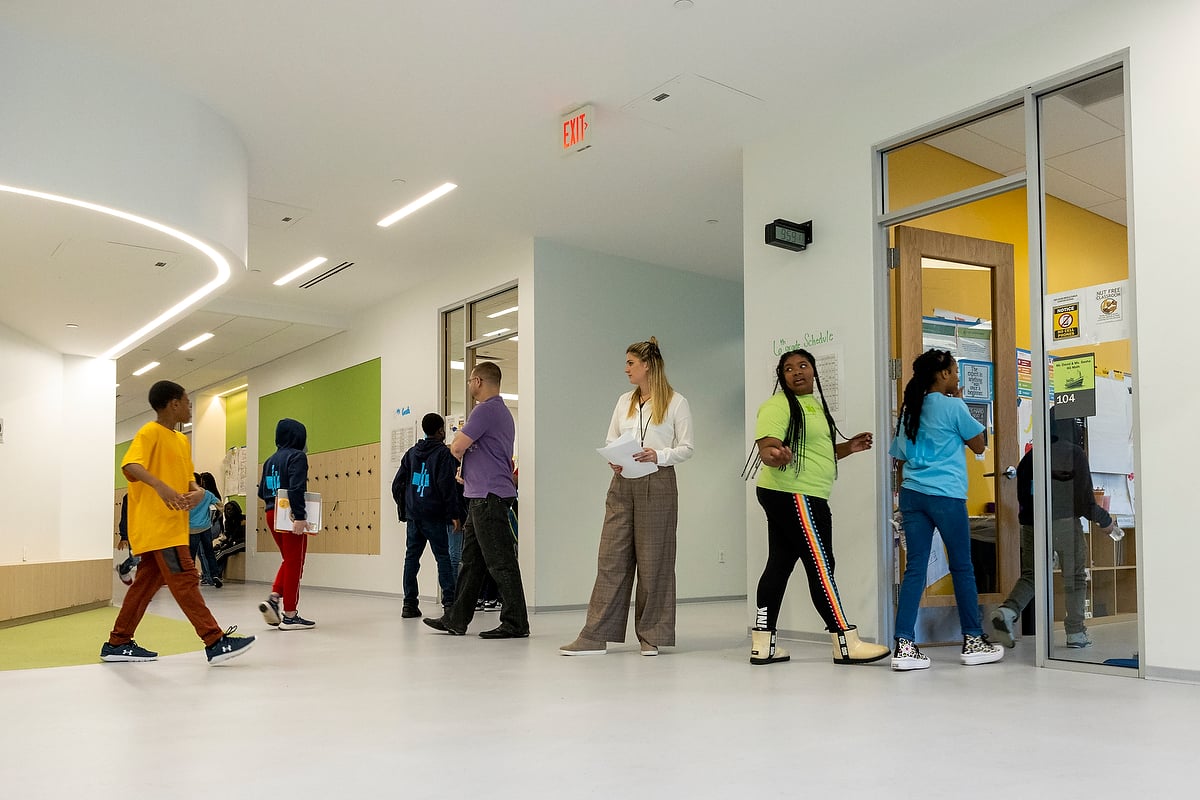
Strategy Three: Coach Your Leaders
Effective leadership is crucial for schools, particularly in serving diverse learners. Typically, school leaders don’t come into their positions knowing everything they need to know about creating a culture of inclusion and serving students with disabilities. The most effective support for leaders is to have an expert work side-by-side with them to prioritize and troubleshoot.
Coaching works extremely well to support a school leader to proactively develop clear practices, such as protocols for running assessment and intervention cycles or improving IEP compliance AND quality. Indeed, even having an expert lead a full-day intensive on how to build a whole school schedule for special education can pay dividends over the years. A leader who has been coached tends to stay longer, achieves results, and is well-positioned to serve as a coach to build the school’s internal bench.
The Ability Challenge has seen a tremendous amount of growth in schools through our leader coaching and other organizations, such as All Means All, offer effective equity-driven leadership coaching as well.
In Sum
If your school is short on time and budget (what school isn’t) we advise you to consider these three investments and see the quickest gains to improve special education and meet the needs of diverse learners. School leaders, teachers, and students will benefit! The Ability Challenge offers these services as do other great organizations in the field. We encourage you to make the investments you can now, strategically, and gradually make needed improvements in how your school serves students with disabilities.
Reach the World. Giving Made Easy with Impact.
Sarah Sandelius
Our Latest
Related Articles
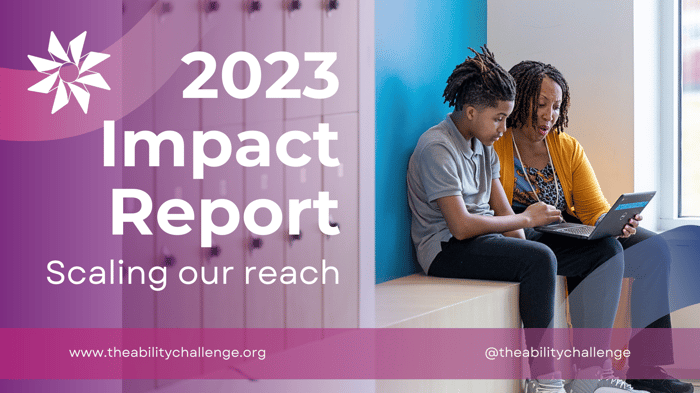
January 31, 2024 | Our Work
2023 Impact Report: Scaling our Reach
Explore The Ability Challenge's 2023 wins—enhanced training, coaching, and professional development ...
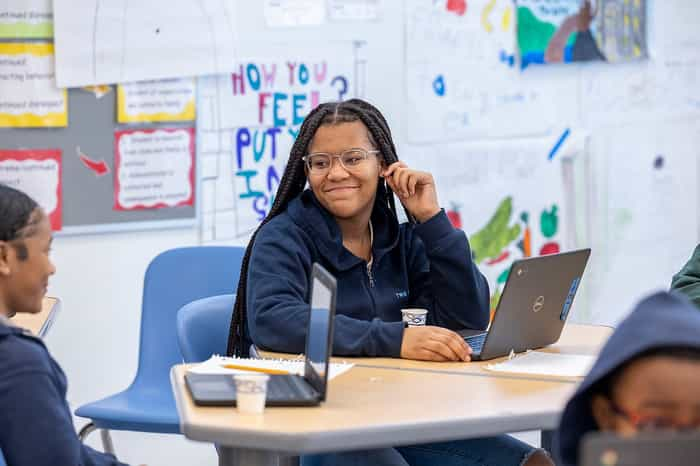
December 14, 2023 | Administrators
Five Quick Tips To Keep Diverse Learners Engaged After Breaks
Discover effective strategies for engaging diverse learners after breaks! Explore inclusive teaching...

April 16, 2021 | boards
Pin It To Win It
Explore Our Diverse Content Boards - From engaging spring lesson plans to demystifying IEPs, find va...
